XIII century leather belt
Embossed late Middle Ages belt
XIII century Knight's belt
Embossed Middle Ages leather belt.
Belts were an incredibly important part of medieval attire. Pants had not yet developed the technology of pockets, so a belt was vital to hold your bag and other accessories in day-to-day activity. Medieval belts were similar to modern belts but have one distinct difference: instead of being a perfect fit to your hips, they are longer and fold over after they are buckled, trailing down to a point near your knees with a metal chape.
This beautiful belt is made from supple leather, expertly embossed from buckle to chape with a beautiful pattern reminiscent of manuscript borders and artistic geometric shapes. The way we emboss our belts ensures that the image is deep and will last the life of the belt, so worry not about the pattern fading. The leather we use accepts our embossing perfectly, leaving the finished product with a crisp, perfect pattern that will be the envy of all of your friends.
The belt buckle itself is a beautiful, artistic shape, with etched accenting and an etched trefoil shape on the point. The chape on the end of the belt mimics the same shape as the buckle, continuing the embossing pattern with beautiful, neat etching.
This belt is 3cm in width. It can be made in brown or black, and the buckle and chape can be your choice of brass or stainless steel.
Please contact us if you have any additional questions.
Important note: Brown, Natural and Cream leather shades may vary, as unfortunately we can't control the color of leather which comes from our suppliers. Sometimes it may be darker or lighter, so if the tone of the leather is an important factor for you, please contact us before purchase to ascertain which color exactly we have in stock at the moment. Thank you for understanding.
- Genuine leather;
- Brass or stainless steel.
- Deep embossing;
- Solid construction;
- Decorative etching;
- Inspired by medieval design;
- Quality materials.
- Width: 3 cm (1 1/5");
- Length: 150 cm (59 1/16").
This item is part of the “Timeless Middle Ages” collection View collection

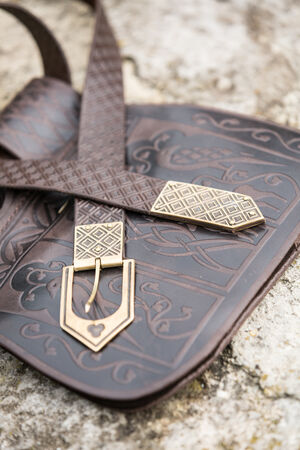
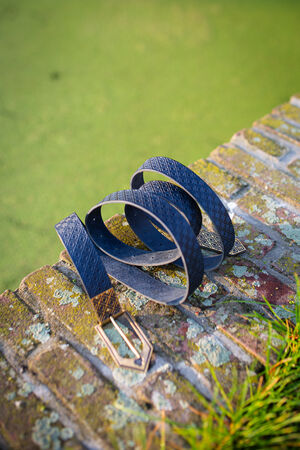
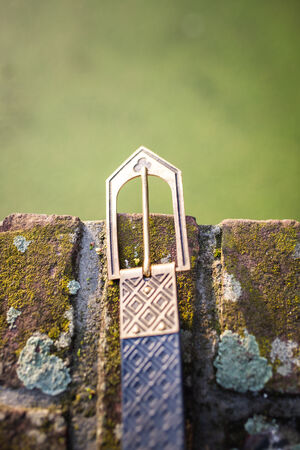
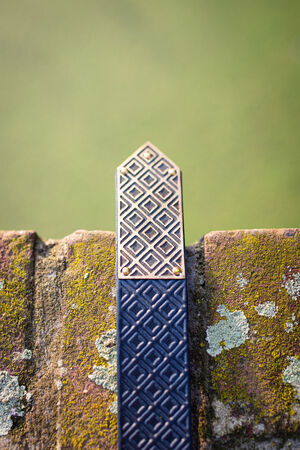
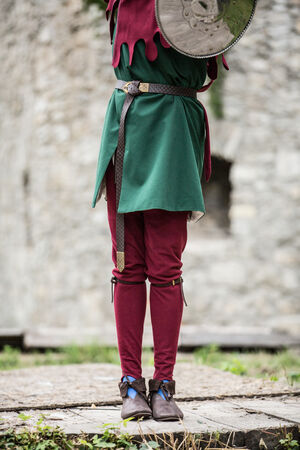
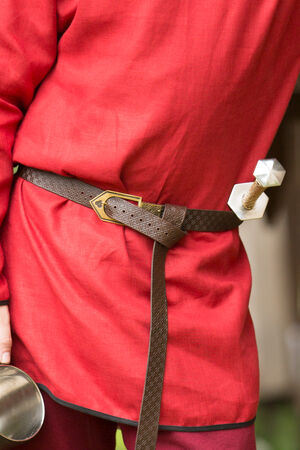
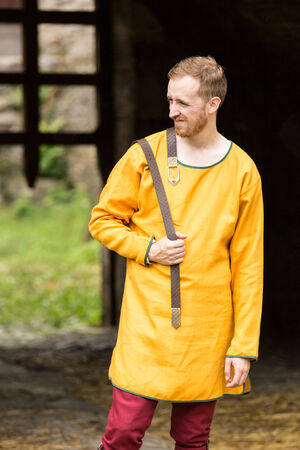
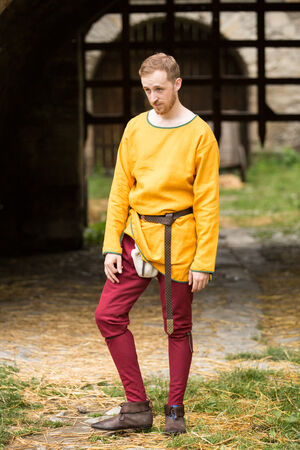
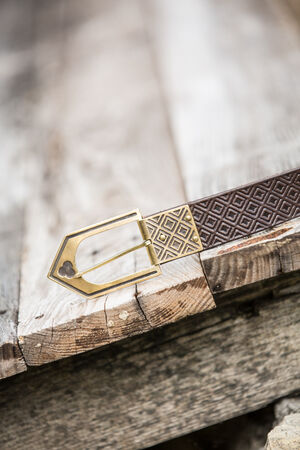


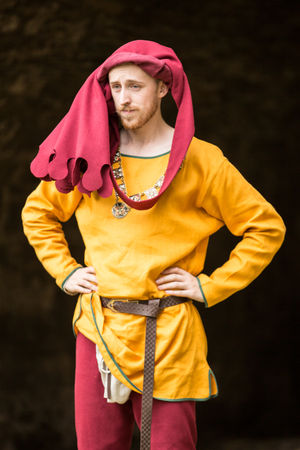
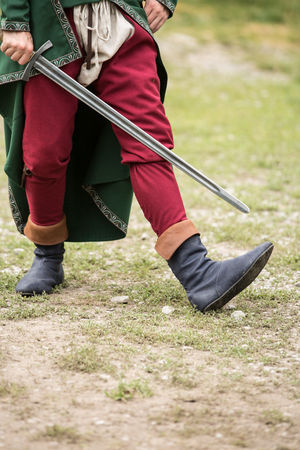
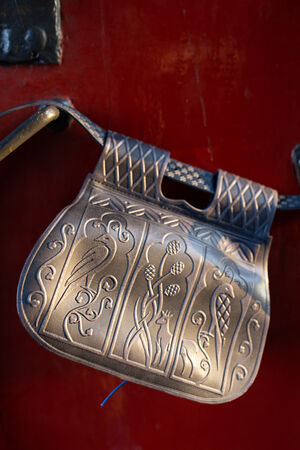
Very handsome belt, my husband loves it